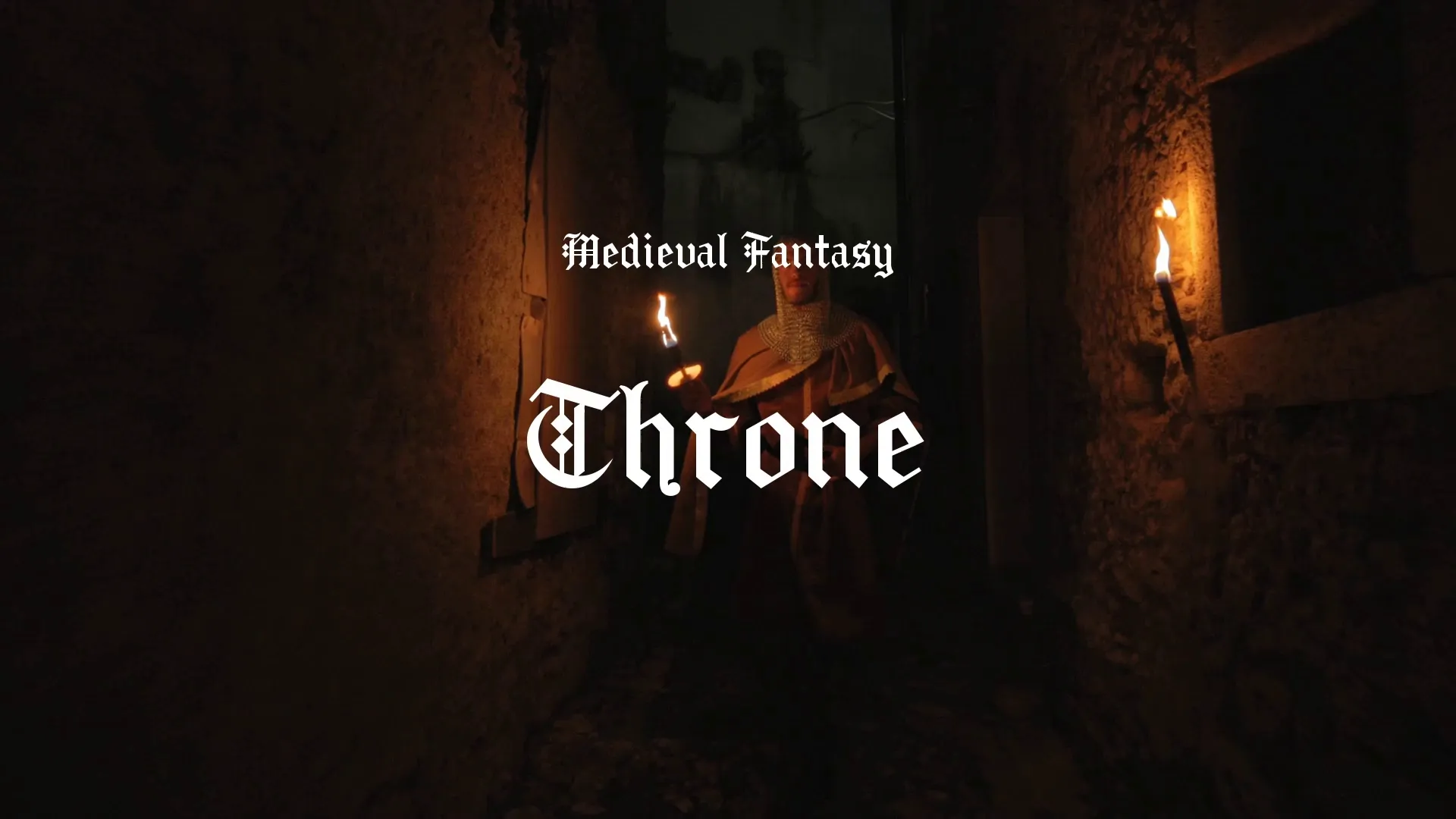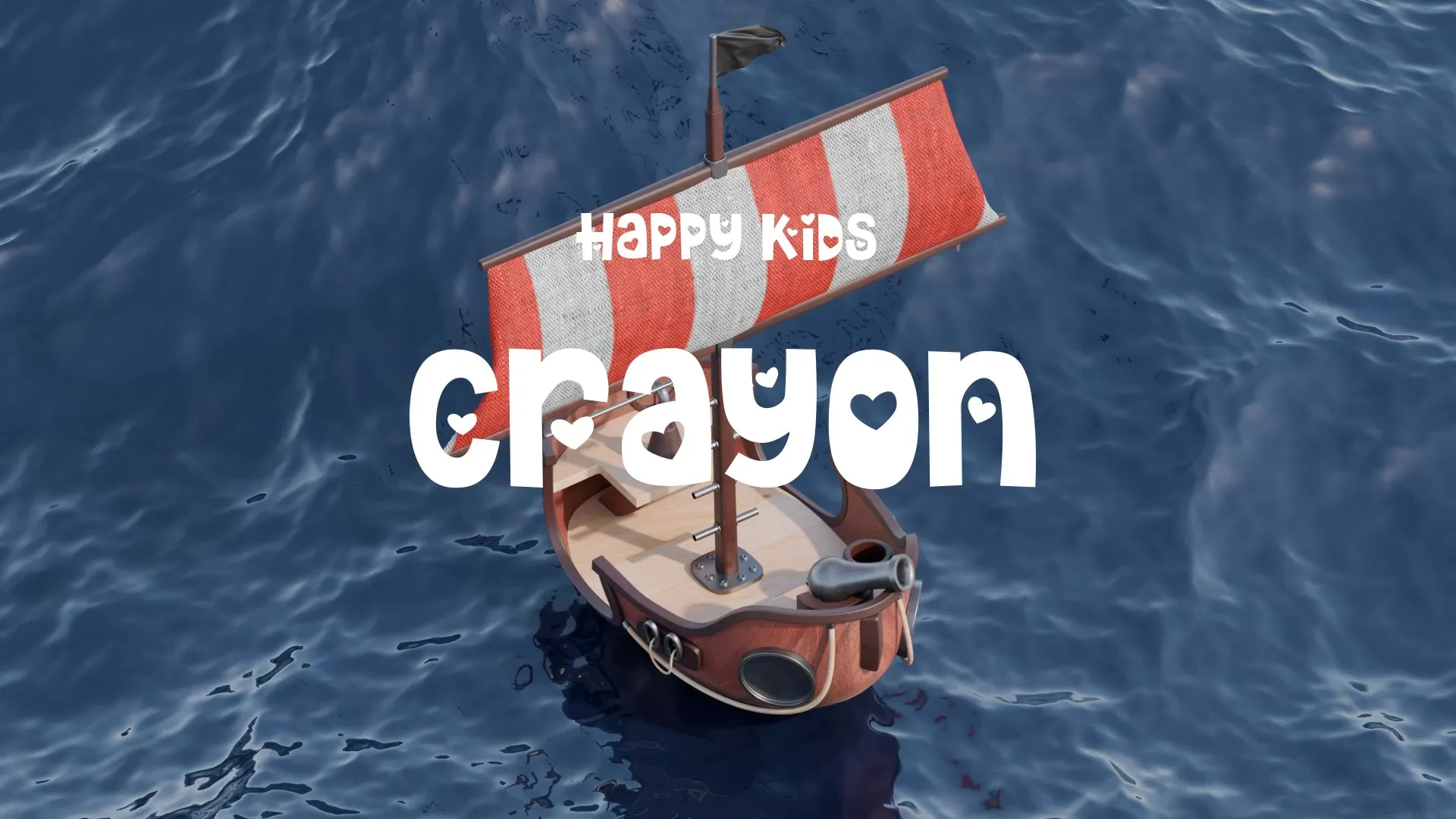Effective Communication: Enhancing Your Game Development Team Workflow
Effective Communication: Enhancing Your Game Development Team Workflow
Effective communication is not merely a soft skill; it is a critical component for successful game development. Misunderstandings and misaligned expectations can derail projects and demotivate teams.
This guide offers concrete strategies for fostering a collaborative and productive environment within your game development team.
Establish Clear Communication Channels
Define where specific types of communication should occur. Avoid a free-for-all approach that leads to scattered information and missed messages.
Use dedicated platforms for different needs, such as a project management tool for tasks, a chat application for quick questions, and email for formal announcements.
Implement Structured Stand-ups
Daily stand-ups, whether in-person or virtual, provide a concise overview of progress and blockers. Each team member should answer three questions: what they did yesterday, what they will do today, and what impediments they face.
Keep these meetings brief, typically 10-15 minutes, to maintain focus and respect everyone’s time.
Document Everything Explicitly
Reliance on verbal agreements is a common pitfall. Crucial decisions, design changes, and technical specifications must be documented.
Utilize a central repository for Game Design Documents (GDDs), technical specifications, and meeting minutes to ensure everyone has access to the latest information.
Leverage Asynchronous Communication Effectively
Not all communication requires immediate responses. Asynchronous tools allow team members to contribute on their own schedules, which is vital for distributed teams or those with flexible hours.
Project management platforms like Momentum are ideal for tracking tasks and discussions without requiring real-time interaction, keeping your development momentum going.
Provide Constructive Feedback
Feedback should be specific, actionable, and delivered respectfully. Focus on the work, not the person.
Establish regular feedback sessions, both one-on-one and team-wide, to address issues before they escalate and to celebrate successes.
Define Roles and Responsibilities Clearly
Vague roles lead to duplicated effort or, worse, neglected tasks. Every team member needs a clear understanding of their responsibilities.
Create a free account, or log in.
Gain access to free articles, game development tools, and game assets.




.webp)





.webp)












